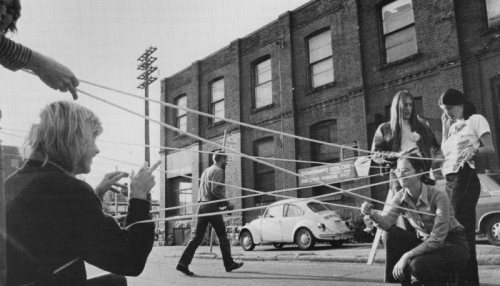We’re pleased to announce the addition of a free pop-up workshop to precede this year’s Digital Humanities Expo:
String Games: getting started with web scraping in Python
WHO: Dr Christopher Thomson (U. Canterbury)
WHEN: 10 – 11:30am, Monday 14th October 2019
WHERE: HR ITS Training & Development Room 1, 270 Leith Walk [map]
HOW: spaces are limited – register here http://tiny.cc/DHPopUp
CONTACT: email alexander[dot]ritchie[at]otago for further information

This free workshop is for anyone who wants to learn how to use simple code to pull text from webpages for their research.
Using programming language Python, we will work from examples to understand the key steps needed to achieve common tasks, such as obtaining a ‘clean’ text from the web to use for further analysis, or selecting pieces of information and organising them in a structured form, such as a spreadsheet. We will introduce some programming concepts along the way, but will focus on the ‘big picture’ – that is, understanding how these techniques can be used in academic contexts, and how to apply them to your own work.
Register here – http://tiny.cc/DHPopUp
Christopher Thomson is Head of Digital Humanities at University of Canterbury and Co-director of the UC Arts Digital Lab




